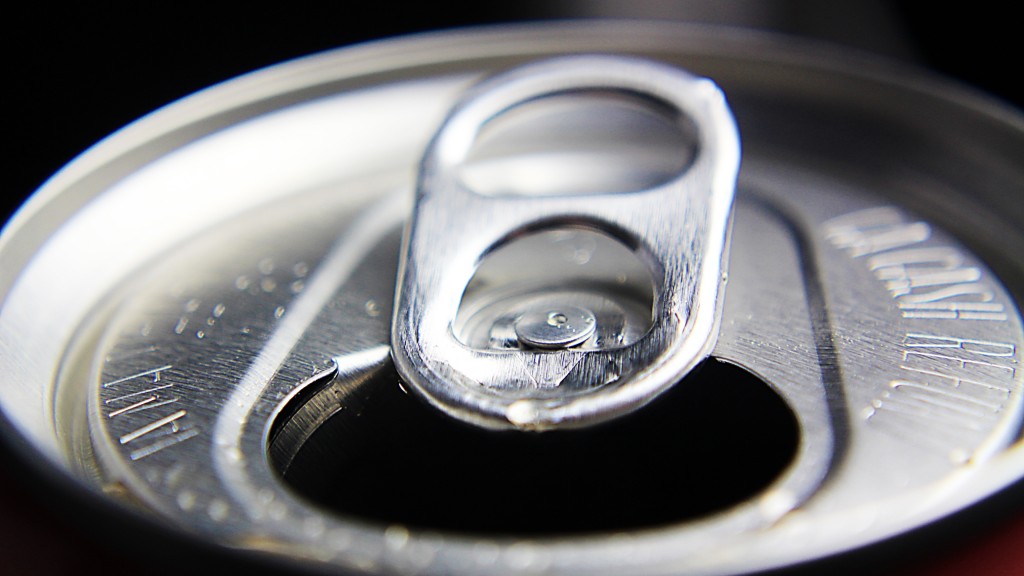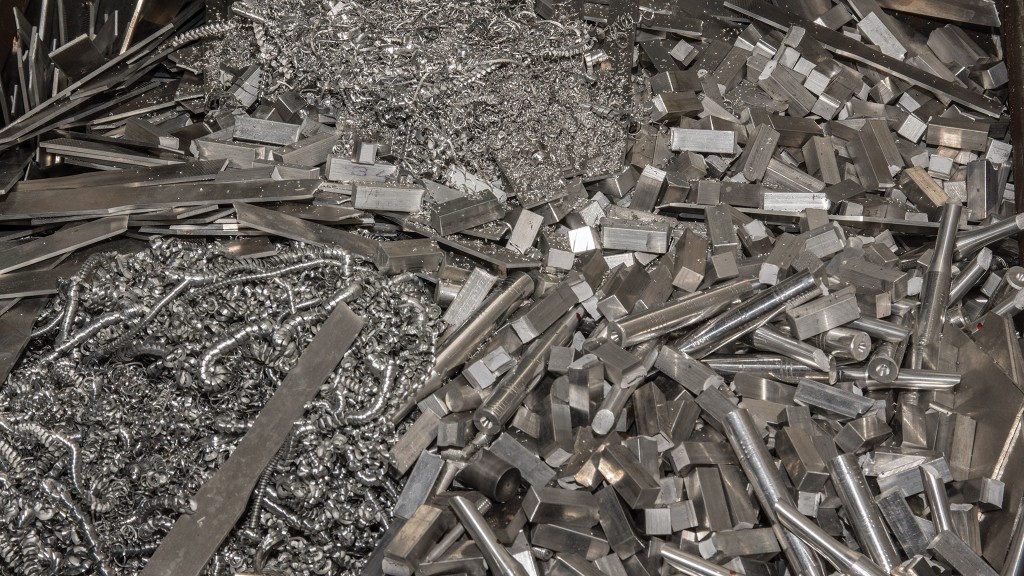
A near 100 percent recycling target by 2050 for the world's aluminum drinks cans has been set by industry leaders at COP 28. Aluminum producers, recyclers, rolling mills, can makers, and industry associations have set the target having stressed the need for enhanced recycling to support the IEA's Net Zero 2050 goal.
More than 70 percent of aluminum beverage cans are recycled into new products but this figure falls short of making the complete contribution necessary for achieving the 1.5-degree target. Urgent actions for the full circularity of aluminum beverage containers are needed to support the decarbonization of the aluminum sector. This is a little step for a large outcome as aluminum beverage containers are recycled without change of quality not once but over and over again.
The number of beverage cans is set to increase from 420 billion in 2020 to 630 billion by 2030 and data has revealed that recycling all cans globally in 2030 would save 60 million tonnes of greenhouse gas emissions per year.
"Together we are calling for greater commitment from national governments and the aluminum beverage can value chain industry to accelerate beverage can recycling rates, with at least 80 percent target by 2030 and near 100 percent by 2050. Reaching these targets is a must for the aluminum sector to decarbonize in line with a 1.5-degree slope" said Marlen Bertram, IAI's Director of Scenarios and Forecast.
To enable this to happen, the IAI is calling for the following actions to be adopted by policymakers:
- Establish national and/or state-level recycling targets for aluminum beverage cans.
- Formulate policies to help achieve these targets and enhance the quality of collected used beverage cans.
- Collect and publish data on aluminum beverage can recovery rates to monitor progress.
In addition, there are four actions for the aluminum industry to increase recycling rates towards the goal of 100 percent.
- Scale up existing recycling capacity to recycle all cans put on the market.
- Track the global recycling rate.
- Support smart policies to improve aluminum beverage can collection and recycling.
- Prioritise can-to-can recycling and maximize the recycling content through optimized alloy design and scrap purification.
The IAI says that the following organizations have endorsed the actions:
- Emirates Global Aluminium (EGA)
- Australian Aluminium Council
- US Aluminum Association
- Ardagh Metal Packaging
- Aluminium Association of Canada
- Associação Brasileira do Alumínio (ABAL)
- The Brazilian Aluminium Beverage Can Association (Abralatas)
- Can Manufacturers Institute
- European Aluminium
- Ball Corporation
- Crown Holdings
- Speira
- Canpack Group
- Constellium
- Novelis
- UACJ Corporation
- Metal Packaging Europe
- Elval
- Japan Aluminium Association
- UNESDA
- Beverage Industry Environmental Roundtable (BIER)
- Aluminium Stewardship Initiative (ASI)
- Every Can Counts
- Food Industry Asia
- Mission Possible Partnership
- RECAPP by Veolia
- Rocky Mountain Institute
- Thailand Institute of Packaging and Recycling Management for Sustainable Environment (TIPMSE)



